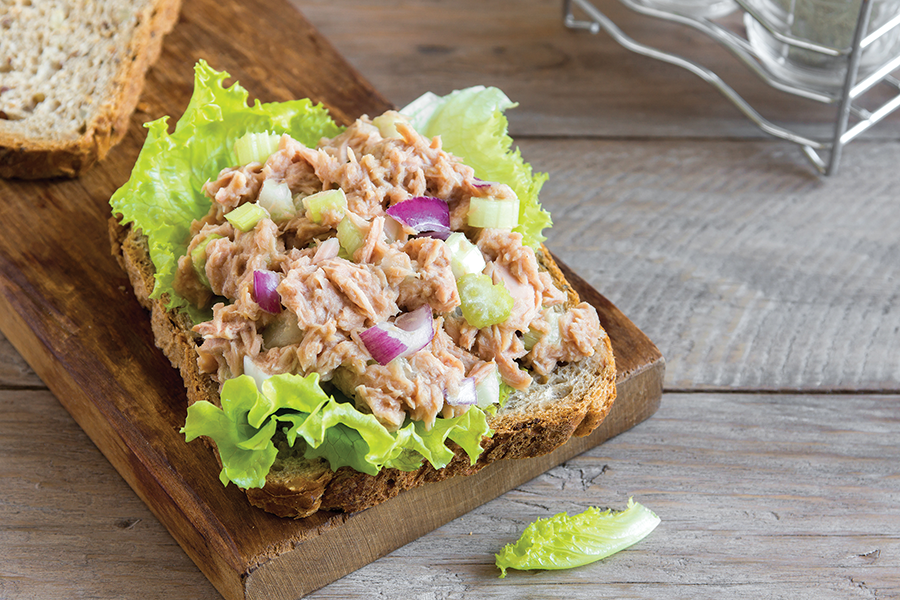Green tea has been around for millennia but we are only starting to appreciate what a valuable beverage a cup of green tea can be.
- Contains disease-fighting antioxidants—Green tea is rich in antioxidants, known as polyphenols, which help fight off damage to your cells, reduce the affects of aging, and improve overall health.3 It has been suggested that some of these polyphenols have a protective effect against cancer,4,5 and people who drink a lot of green tea appear to have lower rates of cancer.6,7 These antioxidants have also shown positive effects on nerve cells associated with Alzheimer’s disease and Parkinson’s disease.8,9 Additionally, polyphenols can 10 11 work to enhance bone mineral density and to reduce inflammation.
- Reduces risk for Type 2 Diabetes—For people with diabetes, green tea has been associated with reduced blood glucose and insulin resistance.13,14 Green tea consumption has also been associated with a lower risk of developing Type 2 diabetes.15
- Reduces cholesterol—Green tea can reduce cholesterol, which is associated with heart disease.16 People who drink a lot of green tea have up to a 33-percent lower risk for developing cardiovascular disease.17
- Boosts the immune system—Green tea (but not black tea) contains vitamin C, which can help your immune system. The amount of vitamin C per cup of green tea varies depending on the type of tea, and in some high-quality green teas, a cup of green tea offers the equivalent vitamin C as a fresh orange.18 Additionally, green tea helps to nourish and support the healthy, good bacteria in our intestines, which also boosts immunity.19
- Protects skin from sun damage—Green tea can protect the cells in the skin from the damaging effects of ultraviolet light, which helps reduce visible signs of aging (wrinkles) and helps prevent skin cancer.20
REFERENCES
3. Ohishi T, Goto S, Monira P, et al. Anti-inflammatory action of green Tea. Antiinflamm Antiallergy Agents Med Chem. 2016;15(2):74–90.
4. Kim HS, Quon MJ, Kim JA. New insights into the mechanisms of polyphenols beyond antioxidant properties; lessons from the green tea polyphenol, epigallocatechin 3-gallate. Redox Biol. 2014;2:187-195.
5. Zhang M, Lee AH, Binns CW, Xie X. Green tea consumption enhances survival of epithelial ovarian cancer. Int J Cancer. 2004;112(3):465-469.
6. Yuan J-M. Cancer prevention by green tea: evidence from epidemiologic studies. Am J Clin Nutr. 2013;98(6 Suppl):
1676S–1681S.
7. Lambert JD, Yang CS. Mechanisms of cancer prevention by tea constituents. J Nutr. 2003;133(10):3262s–3267s.
8. Polito CA, Cai Z-Y, Shi Y-L, et al. Association of tea consumption with risk of Alzheimer’s disease and anti- beta-amyloid Eefects of tea. Nutrients. 2018;10(5):655.
9. Jurado-Coronel JC, Avila-Rodriguez M, Echeverria V, et al. Implication of green tea as a possible therapeutic approach for Parkinson disease. CNS Neurol Disord Drug Targets. 2016;15(3):292–300.
10. Shen CL, Chyu MC, Wang JS. Tea and bone health: steps forward in translational nutrition. Am J Clin Nutr. 2013;98
(6 Suppl):1694s–1699s.
11. Shen CL, Smith BJ, Lo DF, et al. Dietary polyphenols and mechanisms of osteoarthritis. J Nutr Biochem. 2012;23(11):1367–1377.
13. Ferreira MA, Silva DM, de Morais AC, Jr., et al. Therapeutic potential of green tea on risk factors for type 2 diabetes in obese adults: a review. Obes Rev. 2016;17(12):1316–1328.
14. Liu CY, Huang CJ, Huang LH, et al. Effects of green
tea extract on insulin resistance and glucagon-like peptide 1 in patients with type 2 diabetes and lipid abnormalities: a randomized, double-blinded, and placebo-controlled trial. PLoS One. 2014;9(3):e91163.
15. Chen Y, Li W, Qiu S, et al. Tea consumption and risk of diabetes in Chinese population: a multi-center, cross- sectional study. Br J Nutr. 2019:1–10.
16. Harvard Health Publishing. Green tea may lower heart disease risk. Harvard Health Publishing site. Harvard Medical School. ttps://www.health.harvard.edu/ heart-health/green-tea-may-lower-heart-disease-ris. Published 2012. Accessed 26 Nov 2019.
17. Babu PVA, Liu D. Green tea catechins and cardiovascular health: an update. Curr Medicinal Chem. 2008;15(18):1840–1850.
18. Yamamoto T. Chemistry and Applications of Green Tea. New York: CRC Press; 1997.
19. Bond T, Derbyshire E. Tea Compounds and the gut microbiome: findings from trials and mechanistic studies. Nutrients. 2019;11(10):2364.
20. Petruk G, Del Giudice R, Rigano MM, Monti DM. Antioxidants from plants protect against skin photoaging. Oxid Med Cell Longev.
2018;2018:1454936–1454936.





